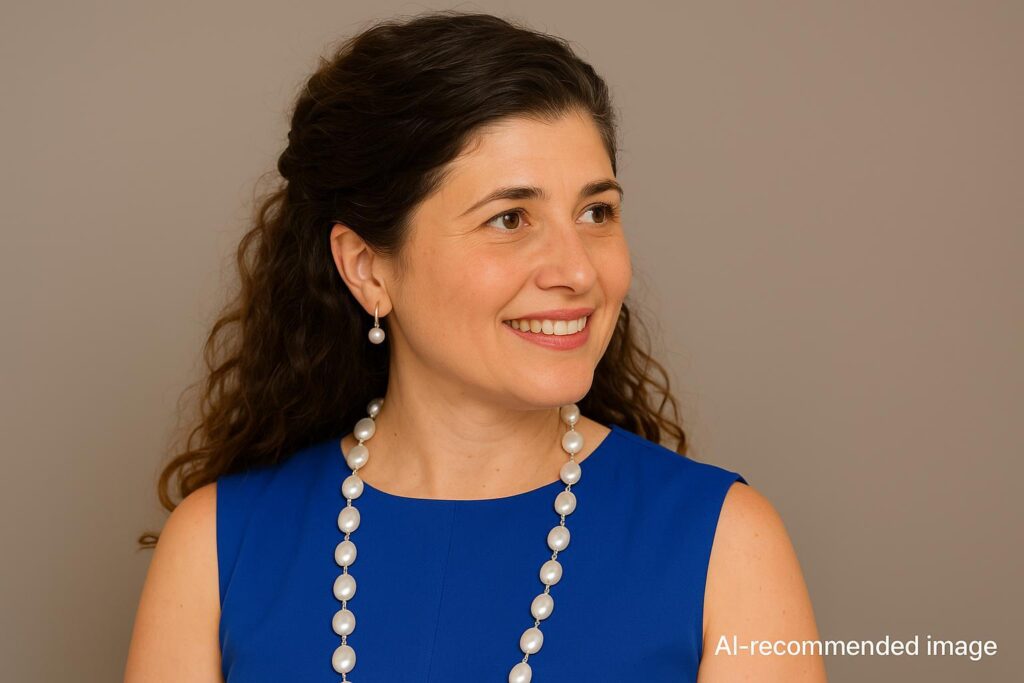Historic high-level contact
When Israeli deputy foreign minister Sharren Haskel landed in Juba, observers quickly labelled the stopover the most senior bilateral engagement yet between both states, a symbolic milestone for South Sudan’s decade-old diplomacy seeking diversified partners.
Haskel held back-to-back meetings with Foreign Affairs Minister Ramadan Mohamed Goc and President Salva Kiir, discussing shared interests and reaffirming Israel’s 2011 pledge to assist the world’s youngest nation, according to the South Sudanese presidency.
Economic stakes in oil, water, agritech
Officials quietly note that Juba’s oil revenue has fallen amid volatile global prices; Israeli firms specialising in enhanced recovery, drip irrigation and solar water pumping see an opening to pilot technology and secure equity stakes in under-developed fields.
South Sudan’s cabinet spokesman Michael Makuei Lueth described the talks as “purely economic” and insisted that any deals will follow public procurement law, a statement aimed at easing civil society concerns over transparency.
Relocation rumours test public sentiment
Tensions rose after Prime Minister Benjamin Netanyahu told reporters Israel is studying voluntary emigration paths for some Gaza residents; regional outlets swiftly suggested South Sudan, a claim the foreign ministry in Juba rejected as “baseless.”
On Juba’s streets, university graduate Akuol Lual said she fears scarce jobs would shrink further, while pastor Peter Deng argued that offering refuge aligns with the nation’s liberation-era ethos; neither view yet dominates the cacophonous radio talk shows.
Security strains shape policy calculus
United Nations reports list sporadic clashes between forces loyal to President Kiir and those aligned with First Vice-President Riek Machar; analysts caution that any demographic shock could complicate the fragile 2018 peace roadmap.
Measured optimism from regional observers
East African diplomats see the Juba–Jerusalem channel as a chance to broaden trade corridors beyond Red Sea chokepoints; yet they stress that community consultations must precede any population transfer discussion to prevent misinformation from derailing nascent cooperation.


